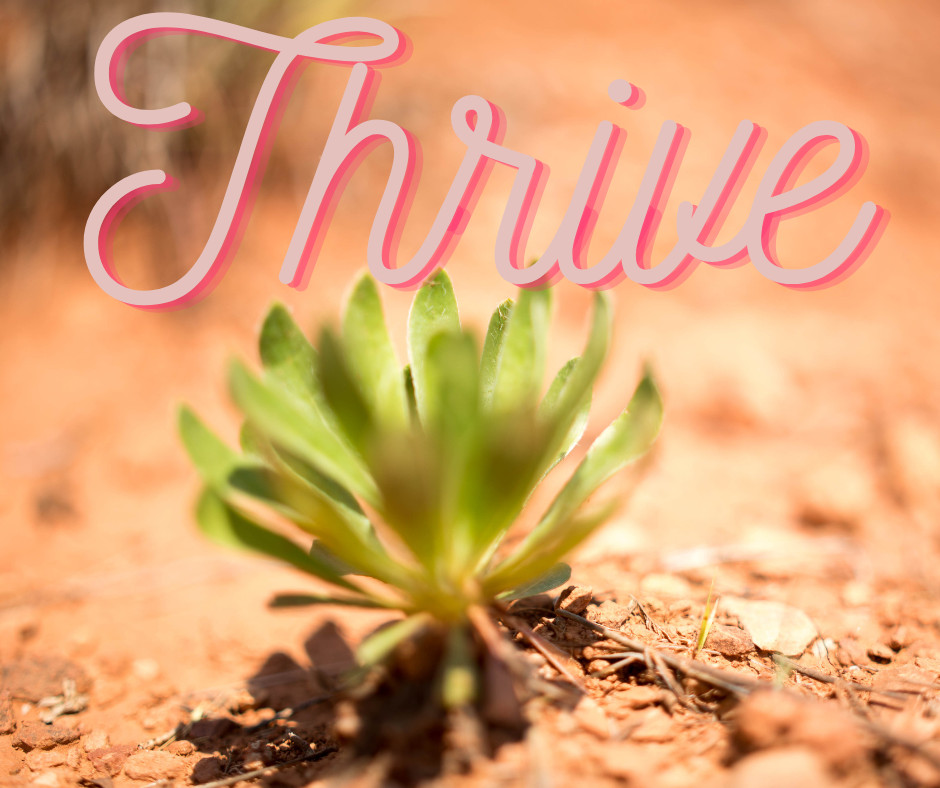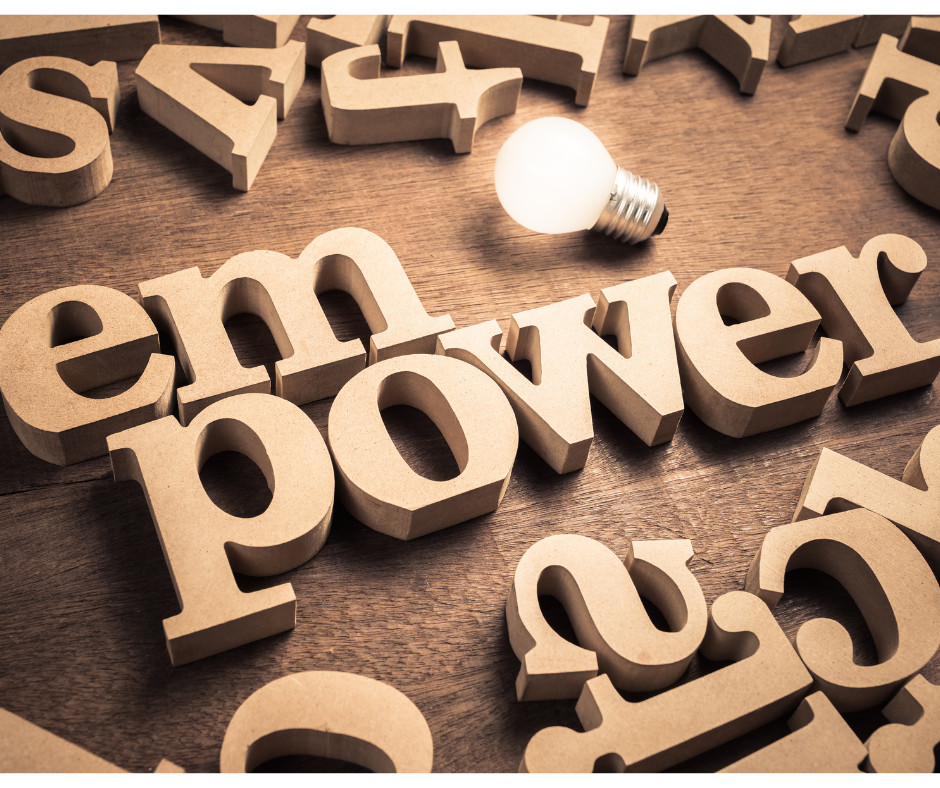
To enhance the likelihood of success in making behavioral changes, the incorporation of three key tools is advised: Reminders, Routine, and Reward. Reminders serve as cues to keep us on track with our new, healthier habits, helping us remember our goals amidst the chaos of daily life. By effectively leveraging habit stacking—associating a new habit with an existing one—we can seamlessly integrate these changes into our routine, ensuring that reminders are not only effective but also efficiently woven into our day-to-day activities.
Establishing a solid routine is fundamental in embedding new behaviors into our lifestyle. This involves looking at our current habits and finding ways to include new, positive behaviors by either scheduling them or stacking them with existing habits. Preparing for this change entails gathering necessary resources and making plans that empower us to succeed, demonstrating a commitment to the new routine and ensuring we are well-equipped to maintain it.
The concept of Reward emphasizes the importance of recognizing and celebrating progress, no matter how small. Setting up a system of rewards that aligns with personal goals can significantly bolster motivation, making the journey towards change more enjoyable and sustainable. These rewards, tailored to individual preferences and conducive to overall objectives, underscore the progress made and encourage continuous effort towards the eventual fulfillment of one’s goals.
Read more...
Immersing oneself in the world of yoga brings about a profound transformation in the relationship between mind and body, creating a pathway to enhanced spiritual connection and physical fitness. Yoga, an ancient practice originating from Sanskrit meaning "to unite," serves as a journey of self-exploration and harmony, uniting body, mind, spirit, and soul to craft a holistic human experience. Embracing this practice offers benefits that go beyond simple exercise, delving into the realms of mental peace, spiritual growth, and overall well-being.
Yogamu, an online platform based in the spiritual foothills of the Himalayas, distinguishes itself by offering authentic courses deeply rooted in Ayurvedic tradition and aimed at holistic wellness. Certified by reputable yoga federations, these courses are conducted by professional yogis and Ayurvedic practitioners, providing a comprehensive curriculum that marries ancient tradition with modern research. This educational approach not only fosters physical fitness but also encourages a profound philosophical understanding, making it an invaluable resource for those seeking to deepen their yoga practice or to pursue Ayurveda education.
For anyone considering enriching their lives with yoga or Ayurveda, Yogamu offers a variety of recorded and live classes that accommodate various time zones and schedules, ensuring accessibility and convenience. Despite the minor challenge of adjusting to the instructors’ accents, the quality of teaching, interactive nature of the classes, and the community support make it a remarkable platform for both beginners and advanced practitioners. With its focus on bringing more loving-kindness into the world through the ancient wisdom of yoga, Yogamu stands out as a beacon for holistic health and spiritual growth, making it a highly recommended choice for those ready to embark on or continue their yoga journey.
Read more...
Finding and living our purpose transforms our lives by providing a clear sense of direction and fulfillment. This newfound clarity brings about a sense of joy, confidence, and alignment with our deepest values, leading to a life where each day is met with enthusiasm and a clear intention. Personal anecdotes reveal that even through adversity, when one aligns with their purpose, the journey takes on new meaning, opportunities arise, and obstacles become surmountable.
Purpose isn't merely about reaching a destination; it's a compass guiding every step of our journey, making the mundane magnificent and infusing everyday actions with deeper significance. This enlightenment encourages a shift from merely existing to genuinely living, turning hobbies into careers, and challenges into stepping stones. It underscores the idea that purpose can be discovered at any stage, often culminating from a confluence of past experiences, interests, and talents, creating a rich tapestry of life that's uniquely fulfilling.
The quest for purpose often intensifies in midlife, marking a transition toward seeking deeper fulfillment beyond societal measures of success. This period sparks a quest for meaning that transcends the accumulation of material wealth or social status, pushing individuals to explore beyond the surface. The blog highlights the transformational power of aligning with one's purpose, especially during the second phase of life, as an ultimate goal that brings about unparalleled contentment, purposeful living, and a profound understanding of life's journey.
Read more...
Our thought processes and the language we utilize not only shape our personal experiences but also how we perceive the world around us. Our brains, in their quest for efficiency, categorize information in a manner that sometimes leads to cognitive distortions. These distortions, while not intentional trickery by our brains, are formed through the process of categorization and reinforced learning from our early interactions with the environment, such as identifying the color yellow through repeated validation from caregivers.
The brain operates much like a vast filing system, constantly sorting, assessing, and categorizing countless pieces of information from our sensory inputs to manage our responses and prepare for new data. However, this rapid categorization, while essential for our cognitive efficiency, can lead to inaccuracies. These inaccuracies or cognitive distortions can significantly influence our mood, behavior, and decisions, often leading us to adopt negative thinking patterns based on flawed assessments of our experiences.
Identifying common cognitive distortions, such as all-or-nothing thinking, overgeneralization, and emotional reasoning, among others, is crucial for recognizing how these patterns impact our well-being. By acknowledging these distortions, we can take the first step toward mindful change, fostering healthier thinking habits and establishing a more balanced perspective on life's challenges and experiences.
Understanding cognitive distortions can be like finding the manual to your own thoughts. It explains why we feel or react a certain way and, more importantly, offers a strategy to challenge and change unhelpful patterns. Let's explore how recognizing each distortion can empower us to improve our mindset and approach to life and work.
Read more...
Emotional intelligence, a term gaining popularity in the 1990s through Daniel Goleman's writings, challenges the traditional view of IQ as the sole determinant of success. Researchers like Peter Salavoy and John Mayer introduced the concept after noticing individuals with average IQs frequently outperforming those with higher IQs, attributing this phenomenon to emotional intelligence. This critical factor encompasses both intrapersonal intelligence—our ability to understand and manage our own emotions—and interpersonal intelligence, which involves our capacity to connect with and understand others within social contexts.
The development of emotional intelligence involves a complex process of rewiring the brain to improve personal communication and the interpretation of emotional signals. This process emphasizes the cooperation between the emotional and rational parts of the brain, highlighting that both our emotions and how we interpret them play crucial roles in decision-making. Embracing the duality of emotions, the article argues for a balanced approach that neither dismisses emotions as irrational nor blindly trusts them, but rather advocates for mindful awareness and interpretation as a pathway to better decision outcomes.
The practice of mindfulness is presented as a transformative tool to increase emotional intelligence. By encouraging a pause between feeling and reaction, individuals can assess the accuracy of their emotional responses and ensure their actions align with their values and goals. This approach not only fosters personal growth and improved self-awareness but also enhances interpersonal relationships through more effective communication and empathy. The journey toward emotional intelligence, while demanding practice and dedication, ultimately leads to a more mindful and fulfilling life.
Read more...



